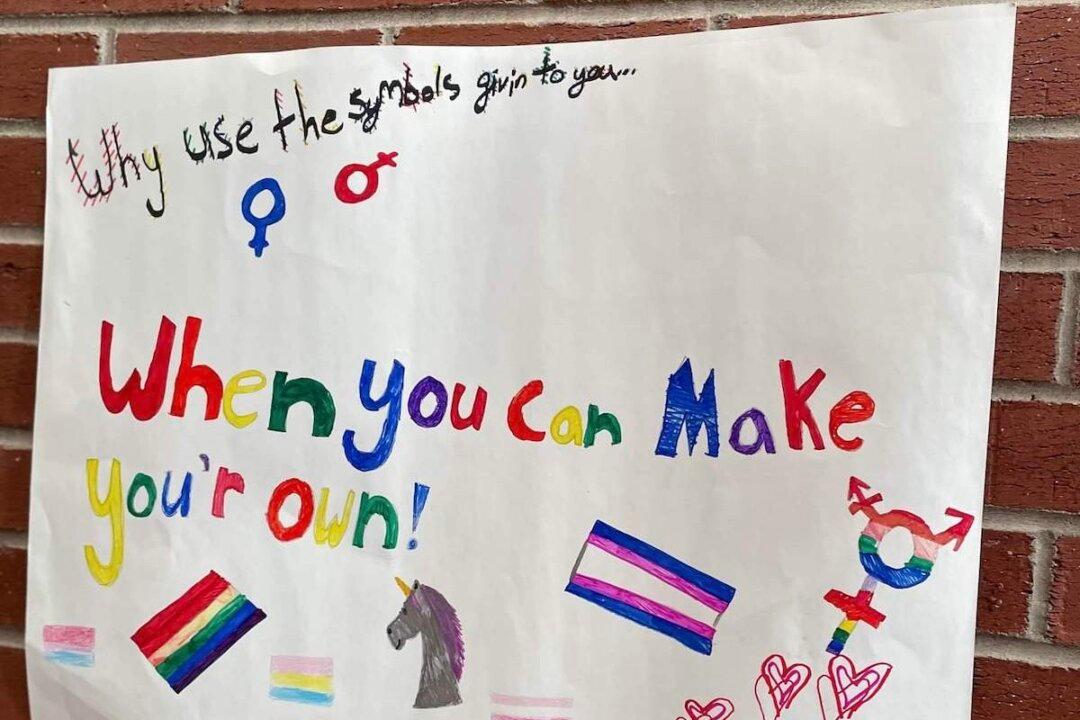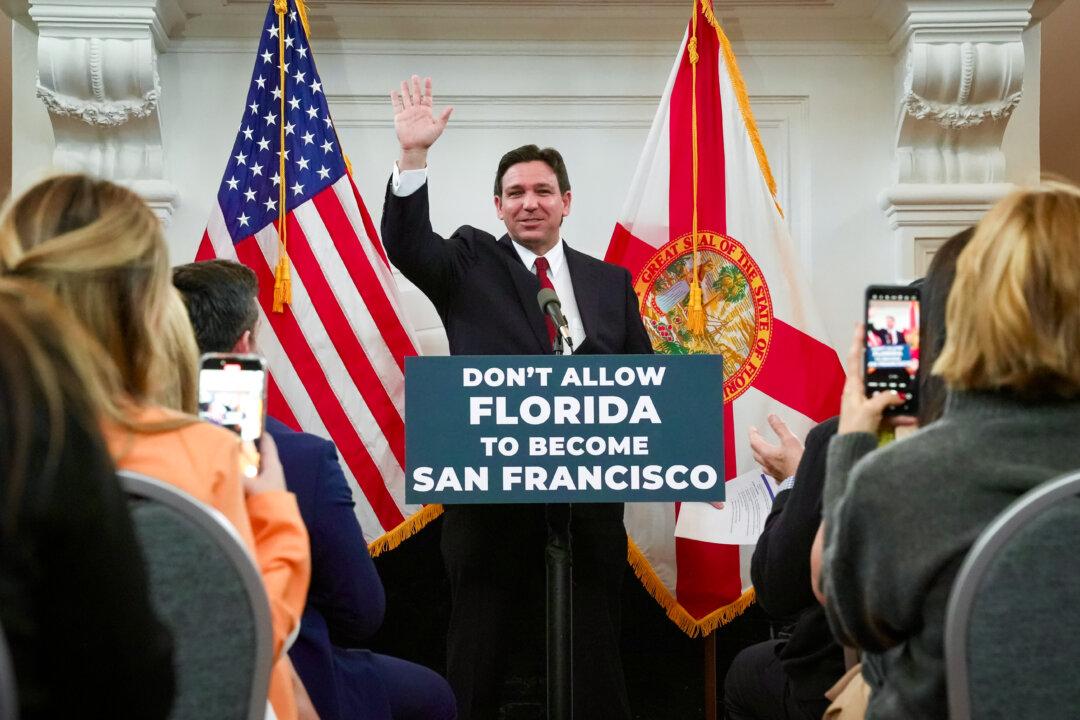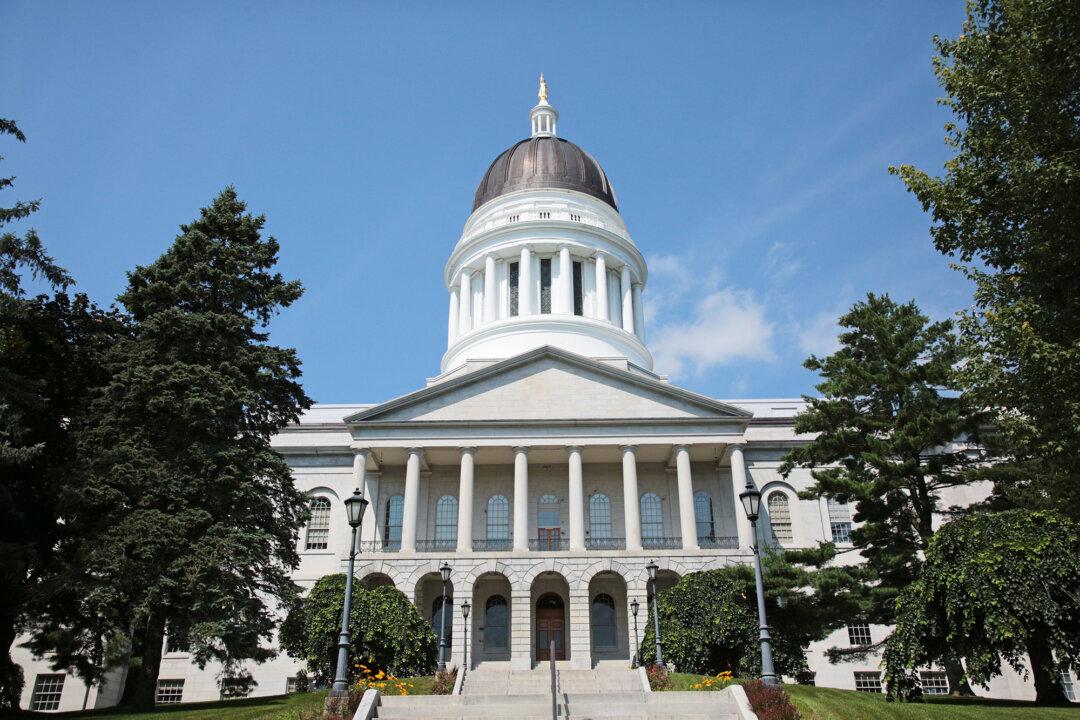A reading software application used in schools nationwide teaches kindergarteners about little boys who wear dresses, little girls who use boys’ bathrooms, and pride parades.
Epic, a reading and learning app, has more than 40,000 books, 106 of which promote LGBT sexuality to children under 12.




